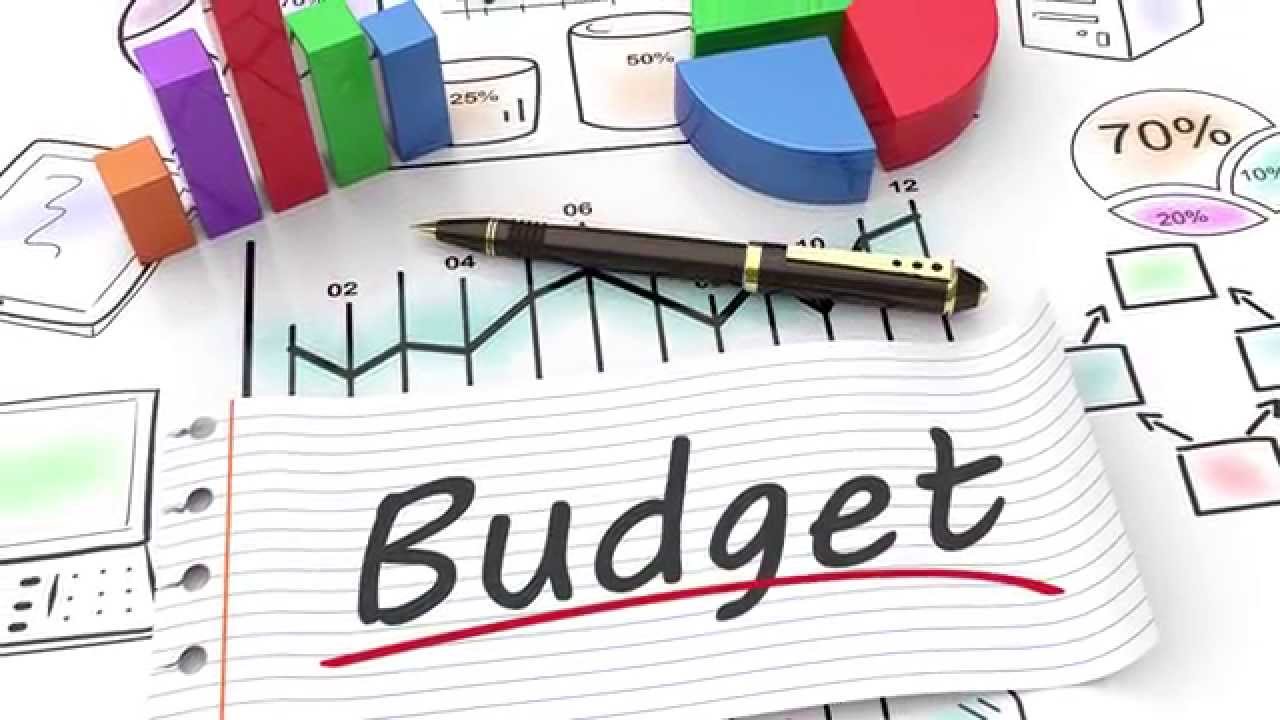How to plan your budget?

Whether you're looking to create a personal budgeting spreadsheet or just want to better understand money management, start with the steps I walk you through in this article. Even if you don't use a sheet of budget calculation, you probably need a way to track where your money is going each month. Creating a budget with a template can help you feel more in control of your finances and save money for your goals.
In fact, any good financial plan starts with a solid budget. Whether you're trying to pay your bills or save for that dream vacation, a budget is your first step toward achieving your financial goals.
Simply put, the trick is to find a way to track your finances that works for you. In this article, I reveal all my winning strategies to help you also succeed in planning your finances.

Get 200% Bonus after your first deposit. Use this promo code: argent2035
🥀 Secrets to successful budget planning
There's one life skill you may not have learned in school: planning a budget. Without a family budget, you just spend blindly, not knowing where exactly your money is going.
It might work for you for a while, but if you're hitting a financial hurdle or want to earn money to go further, planning a budget is a must.
If you have a financial goal – like getting out of debt, saving for a mortgage deposit or putting money aside for your retirement – this will also help you achieve this. Here's my seven-step plan you can follow to create a comprehensive budget.
(I.e. Get organized and take your time
Allow at least an hour to create your budget. Rushing it could lead to errors. It's a good idea to gather all the materials you'll need before you begin, so get:
- A few months of bank statements;
- Your recent invoices credit card ;
- Copies of your cleaning bills;
- Details of your savings and retirement contributions;
- Any other information about any other income you may have.
If your main income comes in more frequently (every week), you may prefer to budget weekly or fortnightly.
(I.e. Calculate your Expenses
Let's break down your monthly expenses into specific buckets. For many people, this will be grouped into housing, transportation, utilities and nutrition. After these, you can insert additional elements like “Dinner at the restaurant”, “Holidays","Clothes", etc.
Remember that some expenses may not be billed monthly, so review previous months to get an overall picture of your monthly expenses.
(I.e. Add up your income
List all of your regular income. This income should be net of taxes, loan payments, pension contributions, etc. Add other sources of income later, from savings, investments, self-employment, rent payments, etc.
Calculate how much you've earned over the past three months and write down the average, so you have a rough idea of what you could expect to earn in the coming months. Now might also be a good time to make sure you're paying the right amount of tax.
(I.e. Calculate your essential expenses
After adding up your income, add up your expenses as well. Note the propensity of your monthly income spent on essential expenses. Categorize these payments so you have a good idea of where your money is going.
Your categories could include mortgage payments, utility bills, groceries, childcare, travel, etc. Gather your bank statements, household bills, and credit card bills for this task.
The more precise your figures are, the more useful your budget will be. Calculate your total expenses for each of the last three months and subtract them from your monthly income. This will show you how much is typically left over each month for “non-essential” expenses that will make up your disposable income.
(I.e. Calculate the difference between your income and your expenses
If your expenses are already greater than your savings, you have 2 options. Either make more money or spend less. In general, it is easier to reduce expenses than to earn more money. Look at your budget and figure out what can be reduced.
- Eat less in restaurants?
- Fewer new clothes?
If you save more than you spend, great.
- Are you satisfied with the amount you save?
- If not, what else can be eliminated?
(I.e. Figure out what to do with your savings
You have savings! Congratulations. Now, what's the best thing to do with it? If you have high-interest debt, it may be best to pay it off. You can even consolidate that debt at a lower interest rate to save more and pay it off faster.
Article to read: How to have financial freedom?
A good goal is to set a savings goal of accumulating $1 in your savings account and then putting it into a 000-month emergency fund. If you prefer to target a percentage of your income, try starting at 3% or 5% and then increase your savings rate over time.
(I.e. Make it a Habit
Try to stick to your budget by reviewing it every week or two. This will help you quickly understand how your spending is being tracked, what needs to change, and whether you're meeting your financial goals.
Good luck and remember there are many online resources like Peace by Happy Money that can help you on your financial journey. Start today!
Leave me all your concerns in the comments















Leave comments